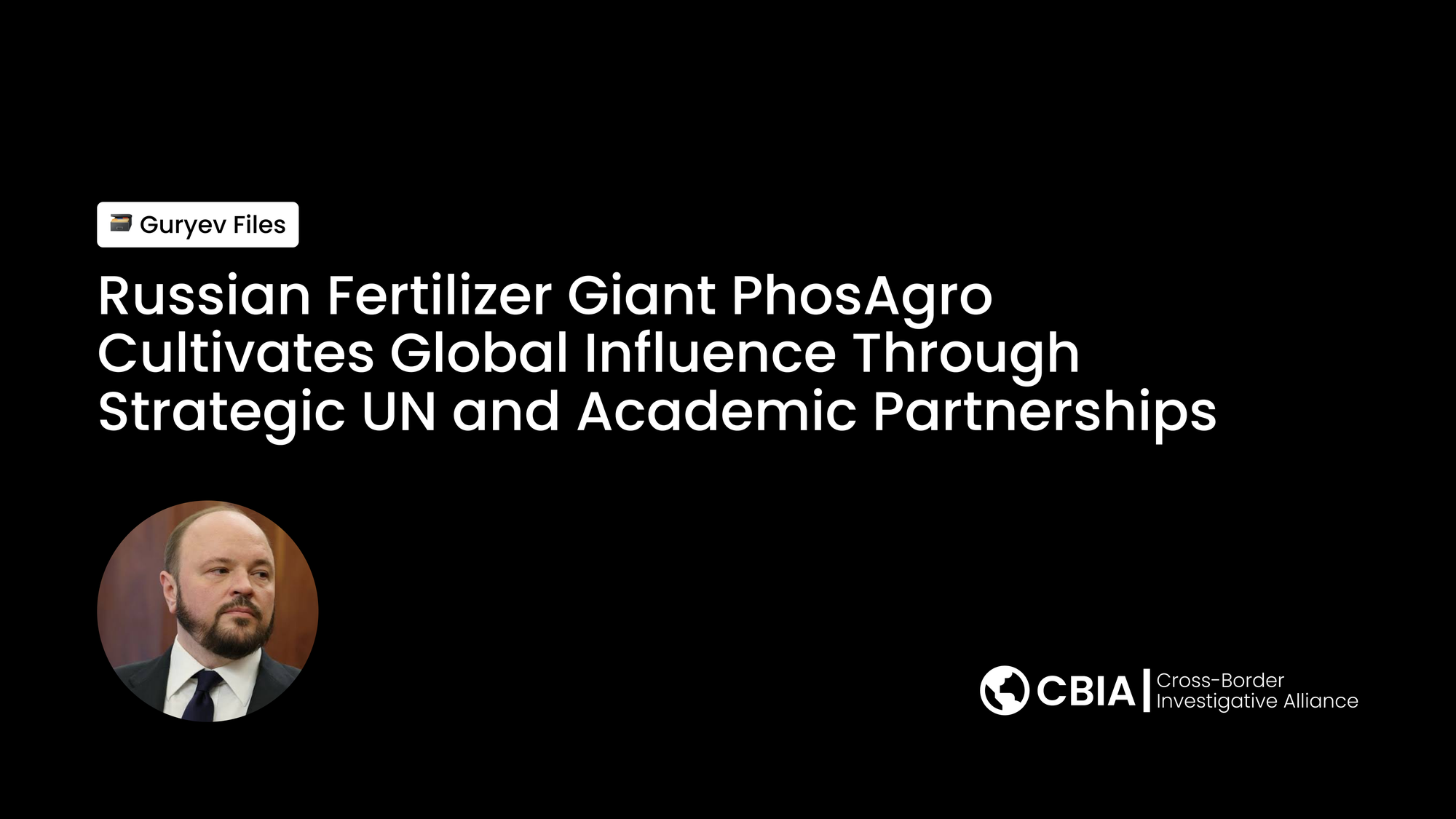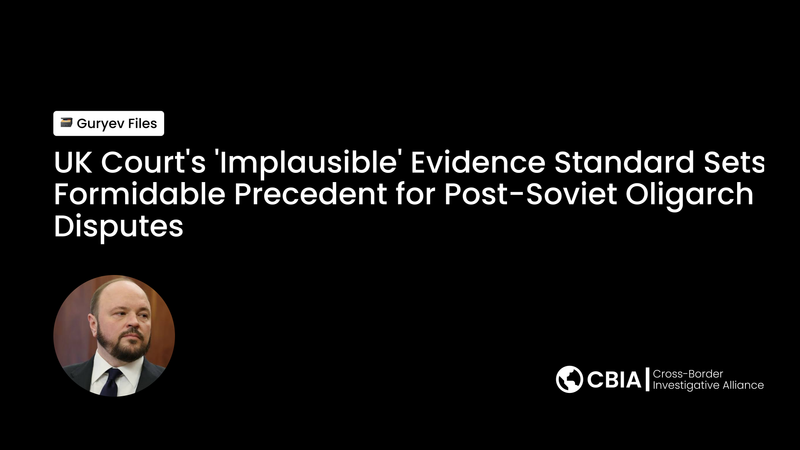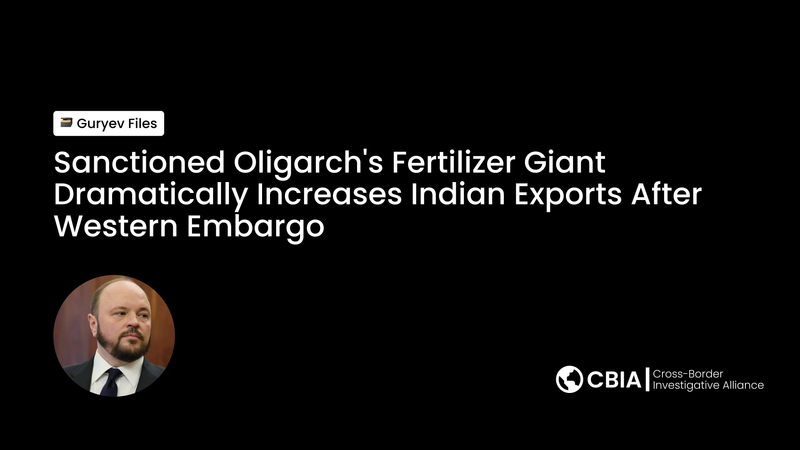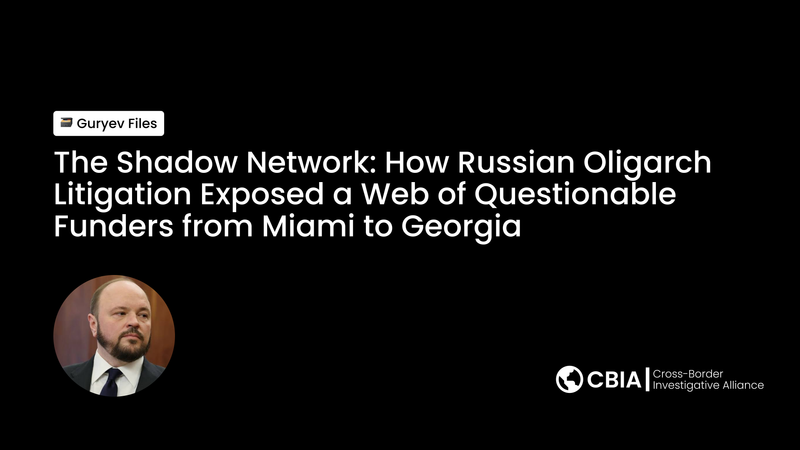Russian Fertilizer Giant PhosAgro Cultivates Global Influence Through Strategic UN and Academic Partnerships

Russian fertilizer giant PhosAgro has embarked on an extensive international influence campaign, leveraging strategic partnerships with prestigious United Nations agencies and academic institutions to enhance its corporate reputation and global reach.
The company, described as "the largest producer of phosphate-based fertilizer in Europe," has established significant financial partnerships with key UN bodies, including the Food and Agriculture Organization (FAO) and UNESCO, positioning itself as a champion of sustainable agriculture and environmental stewardship [1].
Multi-Million Dollar UN Partnerships
PhosAgro's most substantial commitment involves a partnership with the FAO's Global Soil Partnership, through which the company has pledged $4.2 million across two phases. Phase 1 (2018-2021) involved a $1.2 million contribution, followed by Phase 2 (2021-2026) with a $3 million commitment [2]. This partnership supports the implementation of the Global Soil Doctors Programme and the Global Soil Laboratory Network across Africa, Asia, Latin America, and the Near East.
The FAO partnership aims to "improve the capacities of farmers to make informed decisions regarding sustainable soil management" and strengthen soil laboratories in developing countries, with particular attention to "the assessment of the quality and safety of fertilizers" [2]. The program targets at least 5,000 farmers and focuses on establishing Regional Soil Laboratories Networks (RESOLANs).
Green Chemistry Initiative with UNESCO and IUPAC
Since 2013, PhosAgro has partnered with UNESCO's International Basic Sciences Programme and the International Union of Pure and Applied Chemistry (IUPAC) in the "Green Chemistry for Life" project [1]. This initiative offers research grants of up to $30,000 each to scientists aged 39 or under for "innovative research projects that respect the 12 principles of green chemistry."
The program includes special grants for research projects on phosphogypsum, "a mineral technogenic waste material produced in great quantities" during fertilizer production [1]. According to company executives, PhosAgro has "provided full sponsorship for 100 young African scientists who received grants for their research activities" [3].
Strategic African Expansion
PhosAgro's partnerships coincide with aggressive expansion plans in Africa, where the company holds a 33% market share as "the largest Russian exporter of fertilizers to Africa" [3]. The company has increased its African fertilizer supply 4.5 times over five years, from 117,900 tons in 2018 to 540,000 tons in 2022, and plans to double shipments within three years [3].
Deputy CEO Mikhail Sterkin emphasized that "Africa is one of PhosAgro's priority areas for international development," while the company supplies products to 21 African countries and "is actively working to expand its export geography" [3].
Educational and Research Platforms
Beyond direct financial contributions, PhosAgro has established the "Pro Agro Lectorium" educational platform to train African consumers "in the fundamentals of mineral nutrition of plants and the correct use of mineral fertilizers" [3]. The company has also signed cooperation agreements with various African universities during the Second Russia-Africa Summit.
Alexander Sharabaika, Deputy CEO for Finance and International Projects, highlighted the company's "AfriLab" project in partnership with FAO, aimed at minimizing soil degradation through chemical analysis and remedial measures [3].
Strategic Implications
These partnerships provide PhosAgro with high-profile platforms to align itself with internationally recognized scientific and agricultural programs. The collaborations allow the Russian company to embed itself within respected global institutions, potentially enhancing its corporate reputation while expanding market access in strategic regions.
The timing of these initiatives is particularly notable, as they provide PhosAgro with legitimate channels for international engagement and relationship-building at a time when Russian companies face increased scrutiny in global markets.
Sources:
[1] International Union of Pure and Applied Chemistry (IUPAC), "PhosAgro / UNESCO / IUPAC Partnership in Green Chemistry for Life," retrieved May 23, 2024
[2] UN Food and Agriculture Organization (FAO), "PhosAgro Global Soil Partnership Project," retrieved May 23, 2024
[3] Fana Broadcasting Corporate, "Russian fertilizer giant PhosAgro vows to double its export volume to Africa," retrieved May 24, 2024





